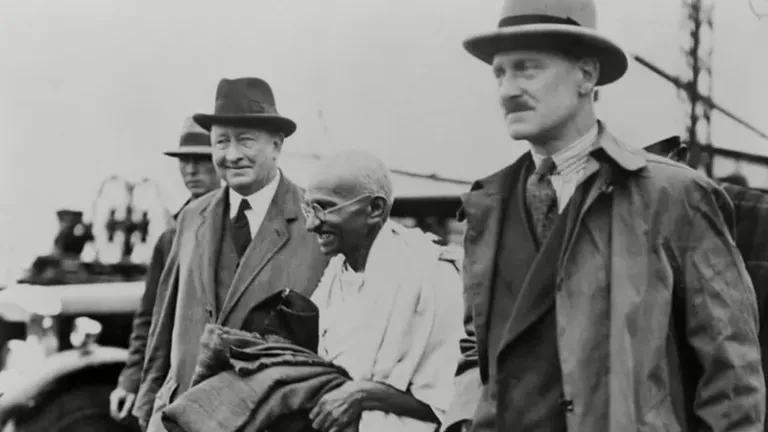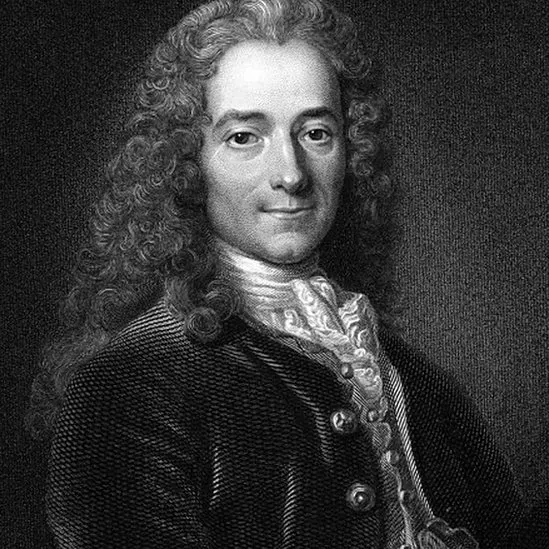Mahatma Gandhi is coming to London in 1913 to discuss the future of India
Quotes from a great and famous person are often quoted in order to convey one's message effectively to others and to add weight to one's speech.
But are you sure that the statement you are quoting is correct and correct?
The following are five statements attributed to historical figures that are often misinterpreted or fabricated.
Mohandas Karamchand Gandhi: "Become the change you want to see in the world."
Many statements of Gandhi, the leader of the independence movement in India against the British rule, are often quoted. One of them emphasizes that global change begins with the fulfillment of personal responsibilities.
But the problem is that there is no record that he was ever heard to say that or that he ever wrote that.
The closest thing he could say and that was published in the India Opinion newspaper in 1913: "We are the mirror of the world." The tendencies that are found in the outside world are present in the world of our body. If we can change ourselves, world trends can change. "
Voltaire was a champion of freedom of expression
Voltaire: "I reject what you say, but I will defend the right to speak on death row."
This statement is thought to be from the French author and philosopher Voltaire. Freedom of speech activists often use this term as a reference.
In fact, the statement says that if you believe in the freedom of speech of the people, you will defend it, even though you do not want to hear what they are saying and find it offensive.
Voltaire, born in 1694 and died in 1778, certainly believed in freedom of expression. Many of his writings criticize the Catholic denomination of Christianity for trying to restrict people's freedom of expression, but he certainly never expressed his views.
One hundred years after Voltaire's death, Beatrice Hall's autobiography, written in 1906, traces its roots. He wrote this line, expressing Voltaire's views on freedom of expression. Voltaire was one of the pioneers of freedom of expression, which led to his misrepresentation.
BBC News


IF YOU ONLY SUPPORT SPEECH YOU AGREE WITH, YOU DON'T SUPPORT FREE SPEECH
IF YOU ONLY SUPPORT RELIGIONS YOU AGREE WITH, YOU DON'T SUPPORT FREEDOM OF RELIGION
I accept this totally.
I sub port
iPay Tree ON!